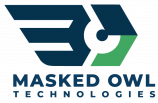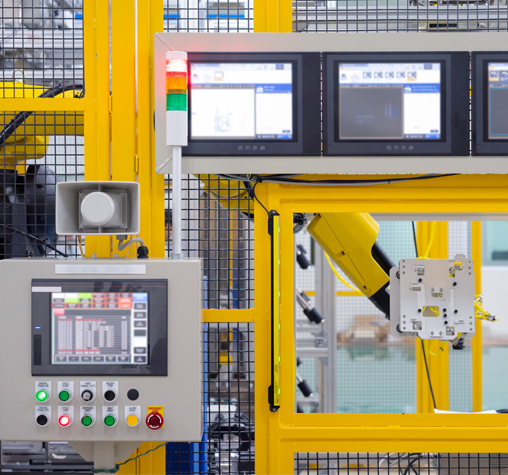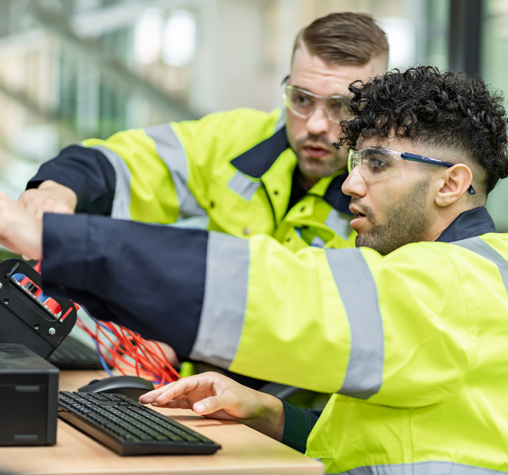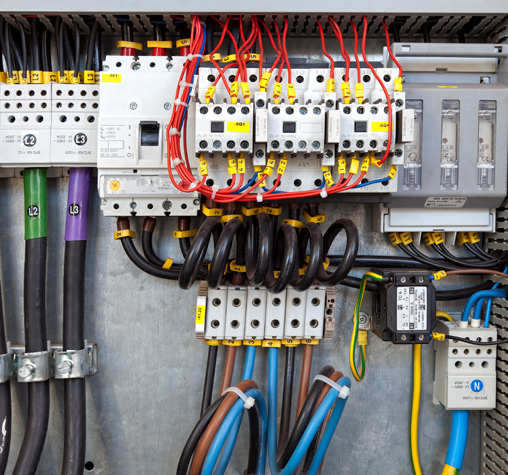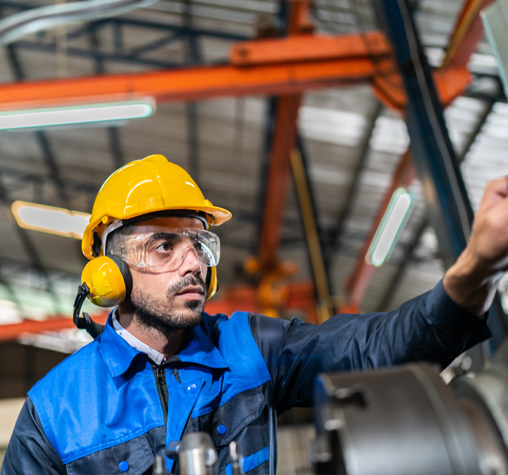Our team brings a proven track record of delivering tailored automation in manufacturing and distribution environments. The case studies featured here highlight the expertise, skillsets, and results-driven focus our team applies to complex, high-stakes industrial challenges.
From increasing uptime and improving safety to building scalable systems and reducing operational risks, the measurable outcomes showcased here deliver the kind of results that matter to leaders like you.
